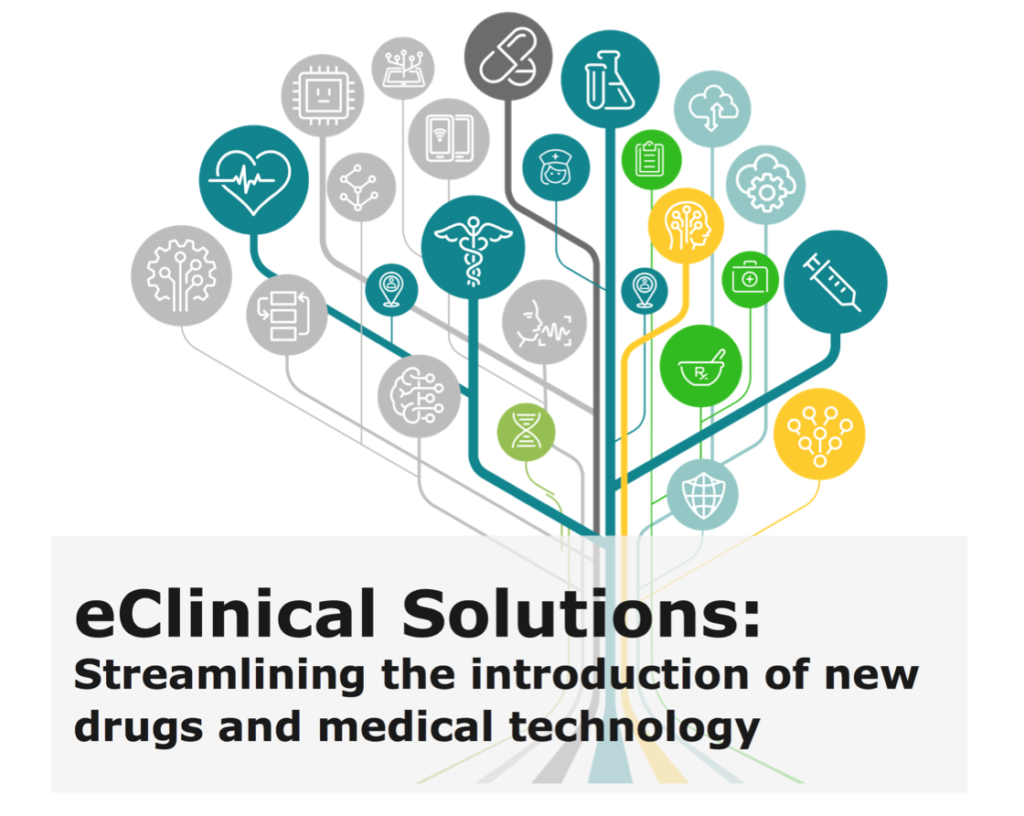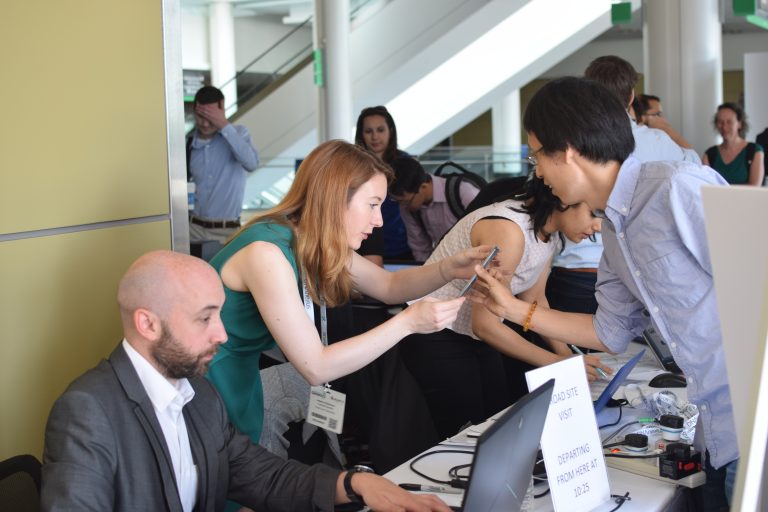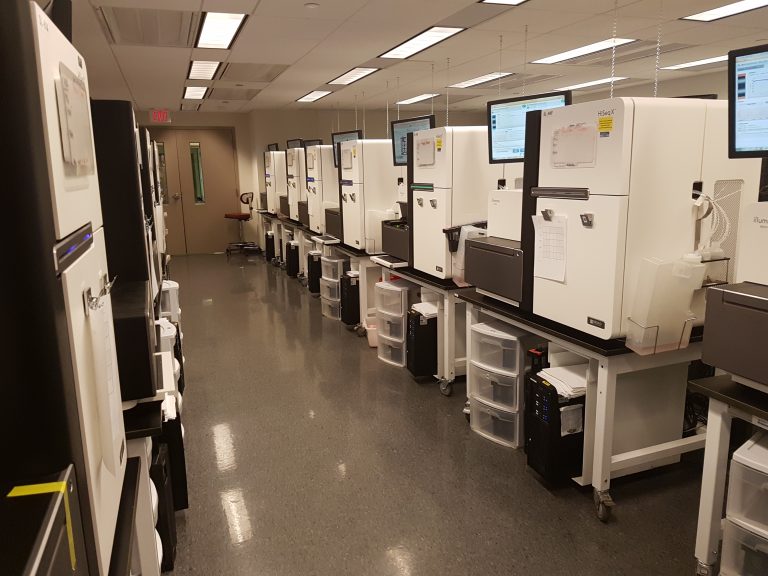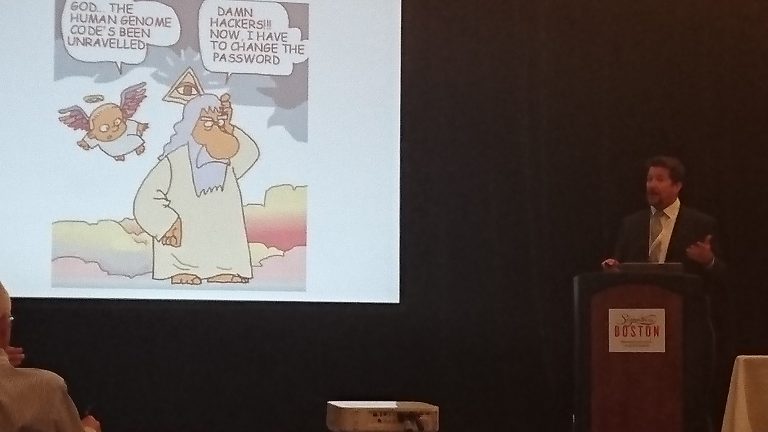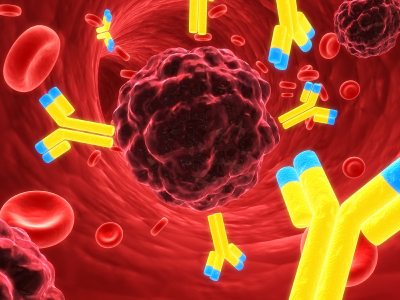MolecularMatch appoints Eric Pulaski as President
Pulaski joins executive team to drive product strategy and revenue growth
Houston – June 24, 2019 – MolecularMatch, a leading clinical informatics company providing Precision Medicine software solutions for oncology, announced today that Eric Pulaski will serve as President for MolecularMatch.
Pulaski has over 30 years of experience across the technology and software sector. Pulaski was most recently the Founder and CEO of SmartVault Corporation, a leading SaaS provider in the online document management and secure portal space. He founded the company in 2007 and ultimately sold it to Reckon Ltd in 2016. He was the founder and CEO of BindView, where he grew that company into a leading, global Internet Security company with over $70M in revenues and 650 employees, and later sold to Symantec for over $200M. Pulaski also founded and served as CEO for several other tech companies, including RedFlag Software and Lightbulb Technology Partners.
As a serial entrepreneur, Eric’s specialties are developing and executing product strategy, building and retaining high-performing teams during high-growth and change, evangelism and communication, and managing shareholder and investor relationships.
“Eric’s experience as a seasoned entrepreneur, especially as it relates to software businesses, makes him the perfect choice in leading MolecularMatch through a very unique period for our company,” said James W. Welsh, MD, Founder at MolecularMatch. “I am confident he will spearhead strategic initiatives that will help us accelerate growth.”
Pulaski said: “MolecluarMatch is a visionary company with a vibrant culture at the forefront of innovation in the heart of the Texas Medical Center. I look forward to working closely with Jim and the leadership team to capitalize on the enormous market opportunities in front of us.”
About MolecularMatch
MolecularMatch, Inc. is a Houston, Texas based clinical informatics SaaS company founded in 2014 out of MD Anderson Cancer Center. The company was founded on the vision of using tumor molecular profiling, and outcomes from previously-treated patients, to provide the best personalized treatment for current patients. MolecularMatch delivers personalized, evidence-based therapeutic guidance and clinical trials matched to each patient. Customers include genetic labs, health information systems, biopharma, hospitals and cancer centers. Visit us at molecularmatch.com

